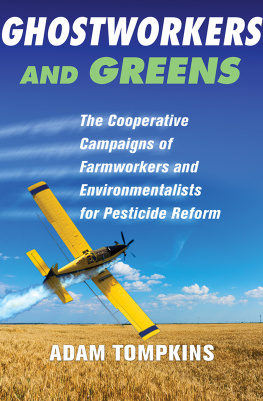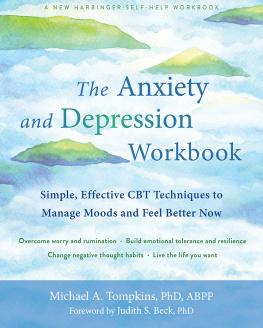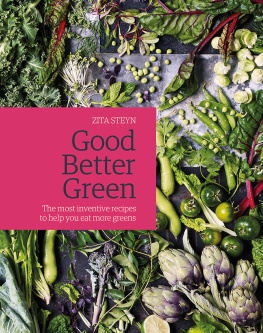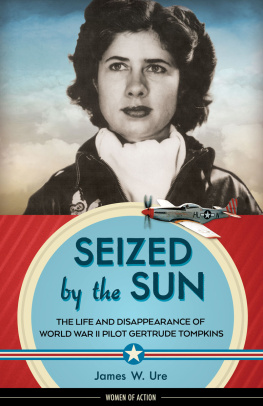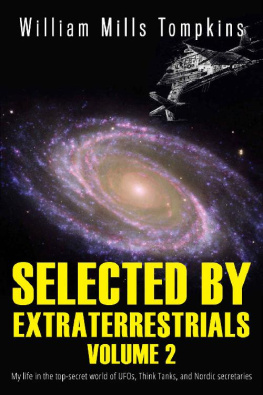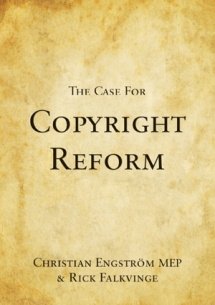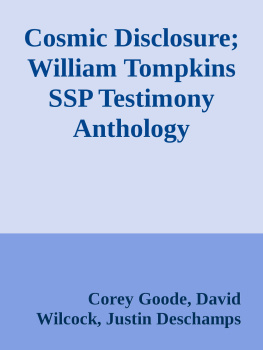A CKNOWLEDGMENTS
The genesis of this book began with an unexpected cancer diagnosis. What started as a trying time in my life catalyzed into something very positive, in part because of an offhand suggestion by Philip Jenkins that I not remain idle during my recovery. It was in between rounds of chemotherapy that I first found mention of pesticides in an old edition of El Malcriado in the Chicano/a Collection at Arizona State University. The archivist, Christine Marn, enthusiastically introduced me to the universitys holdings on the farmworkers movement. My interest piqued as I delved deeper and learned of a cancer cluster in Californias Central Valley that some people attributed to an overuse of pesticides. As the project evolved and progressed, I continued to benefit from the guidance, support, and feedback of numerous individuals at every stage.
I will always feel a deep connection to Happy Valley and Penn State University because the Department of History so embodied the spirit of community. Adam Rome and Dan Letwin proved to be excellent mentors who helped me weave together environmental and labor historiographies and spent numerous hours in discussion with me about my research. Nan Woodruff offered similarly sound advice and encouragement. I especially owe thanks to Carol Reardon, Wilson Moses, Bill Pencak, and Matthew Restall. Lynne Falwell, Tyler Flynn, Matt Isham, Dan Kasper, Michael Lumish, Tim Orr, Dave Siry, and Michael Smith offered camaraderie and ready ears as I worked through ideas and arguments.
I made my home at Arizona State University for many years thereafter, and the breadth of my research expanded significantly during this period. I again had the good fortune of working with engaged and caring faculty. Above all, I wish to acknowledge my mentor and friend Paul Hirt, who encouraged me to think more broadly about pesticide reform, which ultimately made for more compelling and rewarding research. I cannot imagine having a better advocate, confidant, and critical eye to work with than Paul. The perspective, memories, and insights of Arturo Rosales led to expanding my investigation of farmworker organizations beyond Cesar Chavez and the United Farm Workers. Recalling Profes infectious laugh and good nature in our discussions still brings a smile to my face. Christine Marn welcomed me to explore the Special Collections at ASU, provided contextual understanding and personal recollections of activism in Arizona, and introduced me to a phenomenal body of material in the then un-processed M-COP Collection. Joni Adamson introduced me to literature in Critical Environmental Justice Studies and continued to be wonderfully supportive throughout this process. Adam Rome continued to provide sound feedback from afar.
Other members of the Arizona State University community during that period deserve acknowledgment as well. I was extremely fortunate to work with Linda Sargent Wood, who always had an open door, encouraging words, and sage advice. Maria Cruz-Torres, Rachel Fuchs, Brian Gratton, Gayle Gullett, Sharon Harlan, and Dirk Hoerder supported my endeavors or offered critical feedback on my research. Karla Alonzo, Dana Bennett, Patricia Biggs, Cody Ferguson, Elyssa Ford, Matthew Garrett, Royce Gildersleeve, Blake Jones, Cody Marshall, Karl Snyder, Jean Marie Stevens, Pete Van Cleave, and Scott Walker commented on parts of the manuscript or offered input in conversation. The committee members who provided research and writing support in the form of awards also deserve to be recognized: the Emma Goldman History Travel Grant in Memory of Professor Christiane Harzig, a Graduate College Dissertation Fellowship, the History Doctoral Summer Research Fellowship, and the Max Millett Family Fund eased the expense of travel to numerous archives around the country.
The assistance that I received at several archives facilitated the process of finding useful material. I spent weeks at the Walter P. Reuther Librarys Archives of Labor and Urban Affairs in Detroit, where William LeFevre and other archivists graciously brought out scores of boxes from the United Farm Workers Collection and provided suggestions for where I might turn next. I am especially grateful for the invaluable help of Kathleen Schmeling, the UFW archivist, who provided me access to unprocessed material that yielded a lot of evidence and answers. Elizabeth Clemens expeditiously assisted me with my image request. Katherine Krzys and archivists at the Arizona State University Special Collections and the Arizona Historical Foundation, and Melanie Sturgeon and the staff at the Arizona State Library, Archives, and Public Records spent an equal or greater amount of time helping me access material. The archivists at the California State Archives made Sacramento feel like a very warm and welcoming place. Theresa Salazar at The Bancroft Library helped me call up records from the Sierra Club Collection. Short trips to the State Archives of Florida in Tallahassee, the University of Florida Special Collections in Gainesville, and the Special Collections and University Archives at Stony Brook University all went well, in large part because the archivists helped me pinpoint the records that would be most useful.
Much of the material for chapter 7 came from the private holdings of the Farmworker Association of Florida. My deepest gratitude to Jeannie Economos and Tirso Moreno for allowing me to visit their headquarters in Apopka and sift through files relating to the Sustainable Tomatoes/Safer Communities campaign. Though Jeannie had an incredibly busy schedule, she always made me feel welcome. It was a truly rewarding experience and I am glad that I had the opportunity to visit.
Numerous other individuals confirmed my conclusions, clarified my understanding, noted gaps, offered alternative perspectives, provided suggestions, helped me acquire needed material, or otherwise offered support. My special thanks to Jeff Crane, Michael Egan, Carl Gabriel-son, Roger Grabowski, Gustavo Gutierrez, John Hausdoerffer, Charles Laurier, Gena Maldonado, Michael McCloskey, Joel Plagenz, David Roe, Adam Sowards, Charles Wurster, and Erik Wurster. Audiences and fellow panelists at American Society for Environmental History conferences, a North American Labor History Conference, and the Asian Conference on Sustainability, Energy, and the Environment also provided welcome comments. Arizona State University, Lakeland College Japan, and NIC International College in Japan provided conference funding.
It has been a pleasure working with Cornell University Press. Thank you especially to Frances Benson, the editorial director of ILR Press, for supporting the book and securing reviewers; to Susan Barnett, Mahinder Kingra, Gavin Lewis, Kitty Liu, Emily Powers, and Susan Specter. I also appreciate the time and comments of two anonymous readers whose suggestions did much to strengthen my work. I, of course, bear full responsibility for any possible shortcomings that may remain.
Portions of chapter 5 previously appeared in an article, A Different Kind of Border War: Conflicts over Pesticides in Arizonas Agricultural/Urban Interface, 19771986, and are published under permission of Journal of the West /ABC-CLIO Winter 2011. Portions of chapter 6 previously appeared in an essay, Cancer Valley, California: Pesticides, Politics, and Childhood Disease in the Central Valley, in Natural Protest: Essays on the History of American Environmentalism , edited by Michael Egan and Jeff Crane (New York: Routledge, 2008), and are reproduced by permission of Taylor and Francis Group, LLC, a division of Informa plc.

